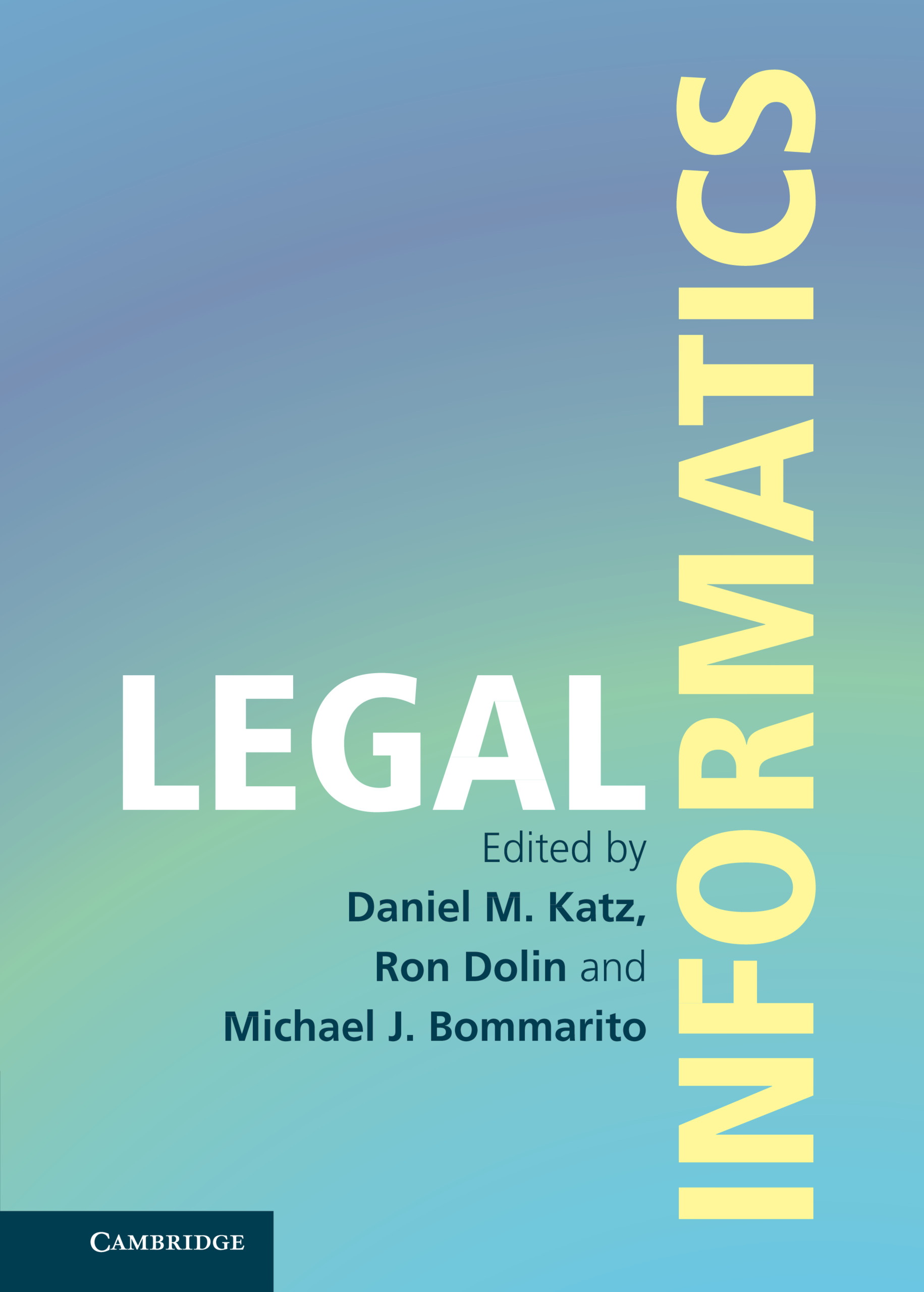Book contents
- Legal Informatics
- Legal Informatics
- Copyright page
- Contents
- Figures
- Tables
- Contributors
- Part I Introduction to Legal Informatics
- Part II Legal Informatics
- Part III Use Cases in Legal Informatics
- Part IV Legal Informatics in the Industrial Context
- A. Challenges Facing Innovation in Law
- 4.1 Adaptive Innovation
- 4.2 Legal Data Access
- B. Large Firm and Corporate Legal Informatics Case Studies
4.1 - Adaptive Innovation
The Innovator’s Dilemma in Big Law
from A. - Challenges Facing Innovation in Law
Published online by Cambridge University Press: 04 February 2021
- Legal Informatics
- Legal Informatics
- Copyright page
- Contents
- Figures
- Tables
- Contributors
- Part I Introduction to Legal Informatics
- Part II Legal Informatics
- Part III Use Cases in Legal Informatics
- Part IV Legal Informatics in the Industrial Context
- A. Challenges Facing Innovation in Law
- 4.1 Adaptive Innovation
- 4.2 Legal Data Access
- B. Large Firm and Corporate Legal Informatics Case Studies
Summary
Big Law has been described as being in the throes of a painful transformation brought about by factors such as globalization, the increased use of technology, and a transition from a supply-driven market to a demand-driven one. A common framework for such upheaval is Clayton Christensen’s The Innovator’s Dilemma, which generally portends an inevitable collapse of market incumbents when they cater to the performance requirements of their high-value customers’ demands. Big Law is not immune to the principles of The Innovator’s Dilemma. However, neither the disruptive nor sustaining innovation described in Christensen’s work seem to adequately characterize the changes occurring. In this chapter, we describe a hybrid model, adaptive innovation, that takes into account the opposing forces in play. As with most other sectors, lawyers have argued that Big Law is different. This chapter reviews some of the most cited factors predicting and denying the demise of Big Law. We argue that market-imposed values such as quality, efficiency, and ROI will likely dominate over reputation and comprehensiveness, forcing a fundamental change in many common features of Big Law. However, law firms will likely remain an inevitable mechanism for the delivery of services, albeit under a different model.
- Type
- Chapter
- Information
- Legal Informatics , pp. 453 - 466Publisher: Cambridge University PressPrint publication year: 2021



